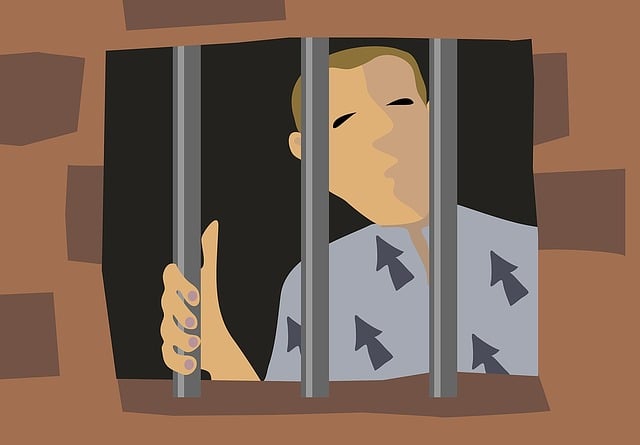Youth Justice focuses on equitable treatment for adolescents in the criminal system, but DUI convictions can have harsh immigration consequences, including deportation and travel restrictions, impacting education, employment, and family dynamics. Strict immigration laws view DUI as a public safety risk, leading to mandatory sentencing and immediate deportation without considering mitigating factors or rehabilitation potential. Dedicated organizations offer crucial support through counseling, legal aid, and advocacy, empowering young offenders to navigate the system and make informed decisions about their future.
In the pursuit of a just society, ensuring fair treatment for youth within the justice system is paramount. This article delves into the intricate issues surrounding youth justice and fair treatment, with a specific focus on the immigration implications of DUI convictions for minors. Understanding these complexities is crucial, as it helps navigate the consequences and provides support resources for young offenders. By exploring these aspects, we aim to shed light on potential challenges and offer insights into fostering a more compassionate and effective approach to youth justice, especially considering the growing intersection with immigration consequences of DUI convictions.
- Understanding Youth Justice and Fair Treatment
- Immigration Implications of DUI Convictions for Minors
- Navigating Consequences: Support and Resources for Young Offenders
Understanding Youth Justice and Fair Treatment

Youth Justice aims to ensure that young people are treated fairly within the criminal justice system, considering their unique needs and circumstances. This includes addressing the specific challenges faced by adolescents, such as their developmental stage, potential for rehabilitation, and the long-lasting impact of a criminal record. Fair treatment in youth justice involves equitable access to legal representation, age-appropriate sentencing, and programs that promote reintegration into society.
For young individuals with immigration status, understanding the implications of a DUI (Driving Under the Influence) conviction is crucial. The Immigration Consequences of DUI Convictions can be severe, potentially leading to deportation or denial of entry into certain countries. These outcomes may disrupt their education, future job prospects, and family life. Therefore, providing legal guidance tailored to these circumstances is essential in ensuring fair treatment for young people facing such charges.
Immigration Implications of DUI Convictions for Minors

The immigration implications of DUI (Driving Under the Influence) convictions for minors are a significant concern, often leading to severe repercussions for young individuals with limited resources and understanding. In many cases, a minor’s first-time DUI offense can result in deportation or denial of legal residency status, especially if committed while on a temporary visa or green card. These consequences are not only harsh but also undermine the principles of fairness and rehabilitation that should underpin youth justice systems.
The complexity arises from strict immigration laws that view DUI as an act of irresponsibility, potentially posing a risk to public safety. As such, authorities may opt for stringent penalties, including mandatory sentencing and immediate deportation, regardless of mitigating circumstances or the minor’s potential for growth and redemption. This approach can exacerbate existing disparities within the criminal justice system, disproportionately affecting minority youth who often face higher rates of both DUI incidents and immigration enforcement actions.
Navigating Consequences: Support and Resources for Young Offenders

Navigating the consequences of a crime can be especially daunting for young offenders, who often require support and resources to understand and manage the impact on their lives. For those facing immigration consequences due to DUI convictions, the challenges multiply. The legal system can seem overwhelming, with potential repercussions stretching beyond local borders.
Thankfully, there are organizations dedicated to helping young people through this process. These groups offer counseling, legal aid, and advocacy to ensure fair treatment. They guide offenders and their families, explaining the immigration process and available options. By providing these resources, they empower young individuals to take control of their futures and make informed decisions, even in the face of seemingly insurmountable challenges like DUI-related immigration consequences.
Youth justice seeks fair treatment for all, regardless of age or background. Understanding these issues is crucial, especially considering the immigration consequences of DUI convictions for minors, which can significantly impact their future. By being aware of the available support and resources, young offenders can navigate their legal challenges more effectively. This knowledge empowers them to make better choices and build a brighter future, ensuring that past mistakes do not define their entire lives.






